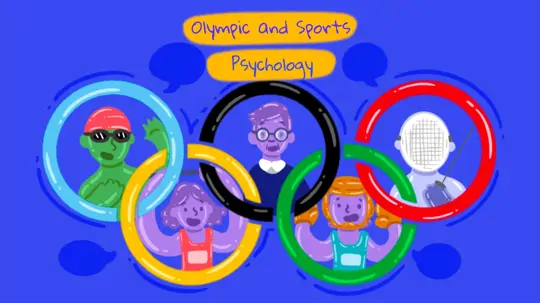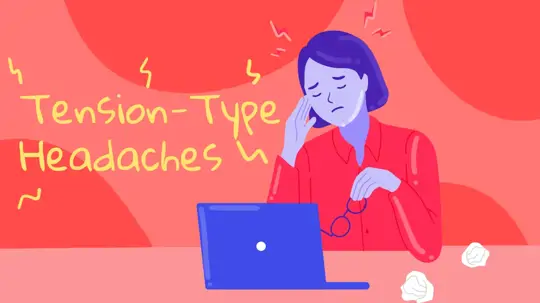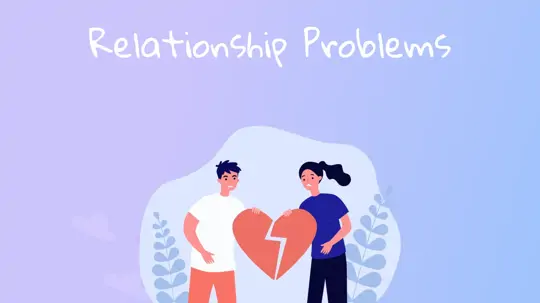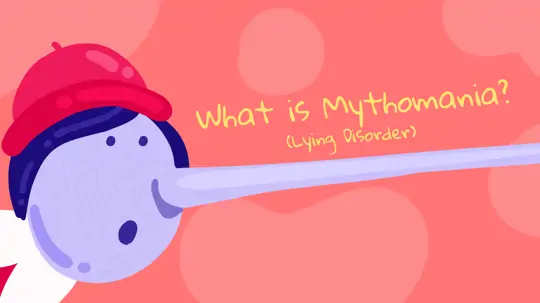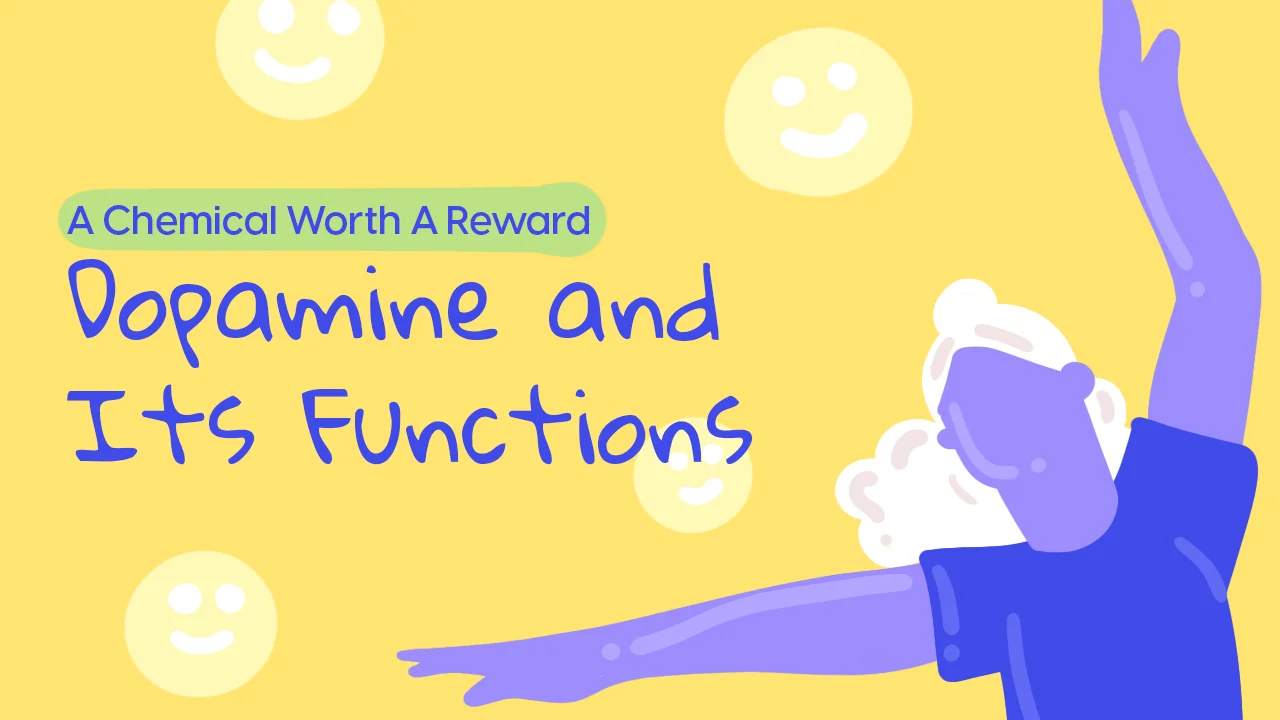
Start feeling better today!
Connect with your therapist today and take control of your life like our 850.000 happy clients.
Get StartedDopamine
Right now, you're on a train whose tracks are laid between the depths of the sky and the hidden beauties of the earth. You understand from the sweet power of the wind hitting your face that you are on a very fast journey. Despite this speed, you move forward, enjoying everything around you to the fullest.
You are passing through a waterfall in a magic forest, accompanied by colors you have never seen before, music that makes your soul dance with every single note in your heart, and scents that will make you forget the tastes you feel. You are standing in the middle of a visual feast where the ocean, sea, and rivers meet.
What's that? When you see a fountain standing at a distance with its gigantic size and splendor, you realize how thirsty you are at that moment and try to run and drink water. You drink, but you are never satisfied. Then you open your eyes!
You were actually in a dream. When you wake up, you see that you are really thirsty. You go to the kitchen and get a glass of water, and you feel much better when you drink it.
Dopamine produces "feel-good" experiences, such as the one described in this dream. In this article, we will discuss dopamine, which motivates unmet needs such as getting out of bed and drinking water and plays a role in many different areas along with satisfaction.
What is Dopamine?
Dopamine is sometimes called a hormone, it is actually a neurotransmitter. In other words, it is a brain chemical that is naturally produced by the human body and is used in the communication between nerve cells in the brain. However, because these two terms are frequently used interchangeably, it is referred to as the hormone dopamine.
Dopamine is essential for the proper functioning of both the body and the brain. Dopamine is the messenger that nerve cells use to communicate with one another. It is produced by a group of nerve cells in the brain's middle and sends messages to other parts of the brain via the communication system2. This system's flow quality is beneficial to both physiological and psychological processes.
However, it is important to remember that dopamine is only one of the hormones that contribute to our well-being and that it does not serve only one purpose. Even though it is known for making people feel good, especially when combined with serotonin, which is also called the "happiness hormone," this is not all it does.

What Does Dopamine Do?
What is the function of dopamine? Dopamine is thought to play an important role in many bodily functions. Dopamine is a brain chemical that not only makes us feel good, but also works in many different parts of the body. Dopamine serves the following functions:
- The feeling of falling in love
- Mood and emotion regulation
- Pleasure and reward seeking behaviors
- Regulation of movements (motor functions)
- Perception of pain and suffering
- Sleep regulation
- Development of addiction
- Memory
- Learning
- Attention and focus
This important neurochemical, known as the "feel-good hormone," improves mood while also increasing motivation and attention. It also plays a major role in the regulation of movement, learning, and emotional responses1.
Aside from its first function, the most important aspect of dopamine is reward. We feel pleasure, even euphoria, when we engage in behaviors such as eating, drinking water, winning competitions, and having sex, and we want to reinforce these behaviors. All of these factors encourage us to live and reproduce3.
Dopamine’s Role in Love
Dopamine is an ancient chemical that is responsible for a variety of complex human activities compared to those of other organisms, such as love, creativity, and even political commitment3. Would you have guessed that a chemical could be involved in so many aspects of our lives?

Bodily Functions of Dopamine
Dopamine, as previously stated, plays a role in learning and attention, mood, and movement, as well as the following4:
- Pulse
- Kidney function
- Blood vessel function
- Sleep
- Processing pain
- Breastfeeding
Additionally, dopamine is released into the bloodstream and plays a minor role in the "fight or flight" response. The fight-or-flight response is the body's reaction when there is a perceived need to flee from danger or when there is a real stressful situation5.
What Does Dopamine Feel Like?
Dopamine stimulates your desire to want, desire, and seek. It raises your overall arousal level and encourages goal-directed behavior. It piques your interest in ideas and feeds your thirst for knowledge1.
The amount of dopamine we feel when we meet a physical need or do a routine task might not be the same as the amount we feel when we achieve our goals or fulfill our dreams.
The Other Side of Feel-Good Dopamine
Dopamine can set off a chain reaction of reward-seeking repetitions of pleasurable behaviors, ranging from frequent Instagram checking to substance abuse. Furthermore, dopamine deficiency or abundance can cause a variety of problems1:
- Alzheimer's disease
- Attention deficit hyperactivity disorder
- Psychosis and schizophrenia
- Parkinson's disease
- Mental impediments in the development period
- Depressive disorders
- Overeating
- Addiction and gambling
- Tremors and disorientation
- Lack of focus and low energy
- Fatigue and exhaustion
- Moving slowly enough for others to notice
Dopamine Tolerance and Dopamine Fasting
What is a dopamine cleanse or fast? The goal of dopamine fasting, which was developed by a Californian psychiatrist named Doctor Cameron Sepah, can be achieved using a cognitive behavioral therapy-based method. Messages, notifications, beeps, and ringtones, which are unhealthy stimuli in a modern, technology-based society, may be less important6.
This method is meant to give our brain a break from this "bombardment" that could become addictive and give it a chance to recharge, instead of automatically reacting to stimuli that give us immediate but short-lived energy, like pleasure and reward.
In the end, this method is about taking back control of our lives and learning how to deal with compulsive and impulsive behaviors that can get in the way of our happiness. It does this by giving us space to feel lonely and bored or to enjoy doing simpler and more natural things6
Reducing Dopamine Tolerance
Although the concept of "tolerance" in human relations means acceptance, its meaning in this context is different. Assume you don't drink coffee all that often. In this case, one cup of coffee may be sufficient to wake you up and make you feel energized and good, but if you continue to drink coffee, even 3-5 cups will have little effect on your body (we assume that we do not consider the harms of caffeine).
After all, an increase in the amount of caffeine, that is, the amount of coffee that will produce a significant effect and excitement, and thus the desire for more, can be described as tolerance development.
This concept, illustrated with caffeine, is critical for comprehending the logic of dopamine fasting or dopamine detox: When exposed to an excess of dopamine that produces instant gratification—that is, when it is bombarded—our body, which is programmed to maintain homeostasis, or body balance, develops a tolerance to standard activities over time.
As a result, even simple actions that will benefit us in our daily lives become difficult for us. We are extremely bored and unable to concentrate. We want new experiences to excite us. We are always looking for more, whether it is useful or healthy.
Saying "Stop" to Running for Instant Pleasure (Dopamine Fasting)
Even though it takes us hours to look at all the interesting posts on Instagram's "Explore" section or similar content recommendations on YouTube, which we go to just to watch at lunchtime, a smart being like a human wouldn't accept the role of a victim whose response is automated. It looks like a pretty simple escape route. This is where the concept of dopamine fasting comes into play, offering a break from constant stimulation.
When we realize that there are things we can change, we gain control of our lives. Once we recognize it, we have complete control over the size and shape of the steps we take toward change. Dopamine fasting can be one of those steps, giving us the chance to reset and reclaim control over our responses.
Given our acclimation to the instant gratification, it becomes evident that we can engage in more challenging activities, such as working out, painting, reading, writing, or immersing ourselves in nature. These pursuits not only enhance our productivity but also foster personal growth. Incorporating dopamine fasting into our routine can make these tasks easier to engage with, reducing our constant need for instant gratification.
It is important to remember that changing our habits, even if they are for the better, takes time, effort, and consistency. So it's understandable that you're having difficulty. When we are struggling, it can bring us great comfort to know that we are making a valuable investment in ourselves. Perhaps now is the time to do so. What do you think?
